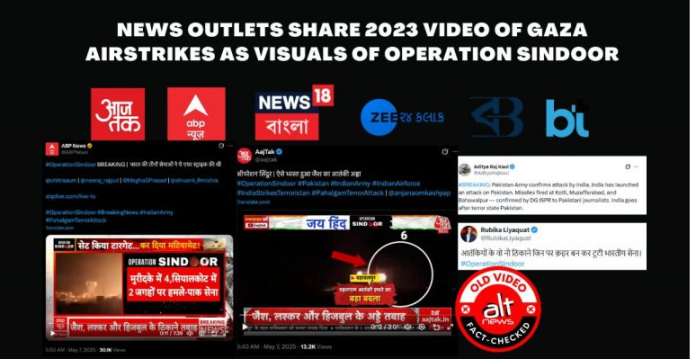
To deal with fake news and misinformation across print, television & digital platforms, the Indian government has enforced norms of journalistic conduct through the Press Council of India, the program code for broadcast media and IT rules for digital, minister of state for information & broadcasting L Murgan said in the Lok Sabha on 30 July.
A number of legal provisions are available to counter misinformation across the three media.
Print Media: Newspapers have to adhere to the Press Council of India’s (PCI) ‘Norms of Journalistic Conduct.’ These norms inter alia restrain the publication of fake, defamatory and misleading news. The council holds an inquiry into alleged violations of the norms, as per section 14 of the Act, and may warn, admonish or censure the newspaper, editors, journalists, etc., as the case may be, the minister said.
Television media: TV channels are required to adhere to the Programme Code under the Cable Television Networks (Regulation) Act, 1995, which prohibits the broadcast of any content that contains anything obscene, defamatory, deliberate, false and suggestive innuendos and half-truths.
“The Cable Television Network (Amendment) Rules, 2021, provide for a three-tier grievance redressal mechanism to look into complaints relating to the violation of the code by TV channels. Appropriate action is taken where any violation of the code is found,” he said.
Digital media: For publishers of news and current affairs on digital media, the Information Technology (Intermediary Guidelines and Digital Media Ethics Code) Rules, 2021 (IT Rules, 2021) provide for a Code of Ethics.
The minister said that in November 2019, the Press Information Bureau set up a fact-check unit (FCU) to check and counter fake news circulating about the central government. After verifying the authenticity of such news with authorized sources in the ministries or departments concerned, the unit posts corrected information on its social media platforms.
Under Section 69A of the Information Act 2000, the government may issue necessary orders to block websites, social media handles and posts in the interest of India’s sovereignty, integrity, defense, security, and public order.
The government, he said, notified the Information Technology (Intermediary Guidelines and Digital Media, Ethics Code) Rules, 2021 on 25 February 2021 under the IT Act, 2000.
Part III of the rules provides for a Code of Ethics for digital news publishers and publishers of online curated content (OTT platforms).
OTT platforms, he said, are obliged not to transmit any content prohibited by law in force for the time being. They are also under an obligation to undertake age-based self-classification of content, based on general guidelines provided in the Schedule to the Rules, which contain the provisions related to depiction relating to nudity and sex.
These platforms have to put in place adequate safeguards for restricting age-inappropriate content for children with adequate access control measures. He said the government has blocked 43 OTT platforms for violation of norms under the IT Rules, 2021.
















